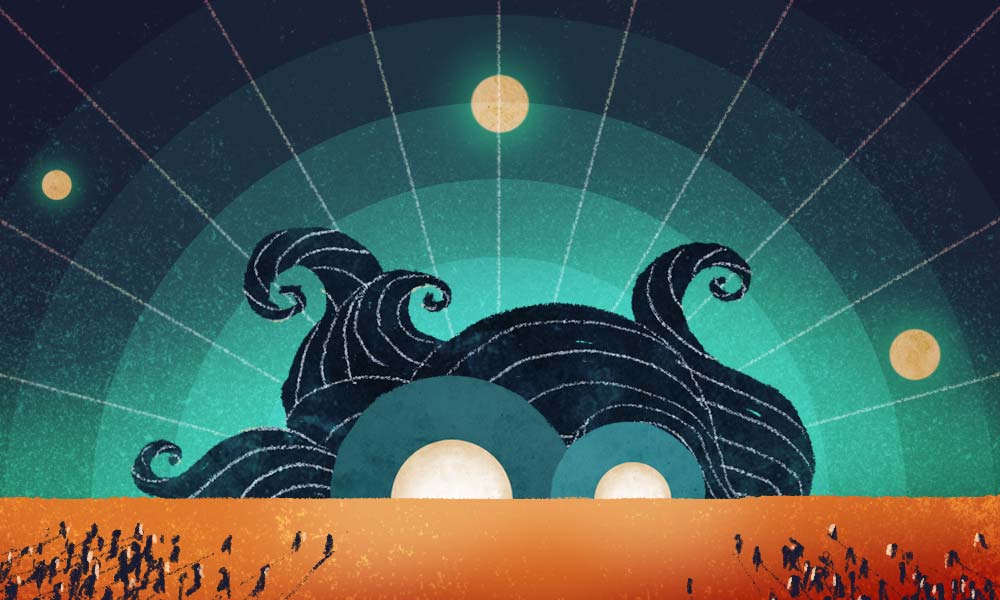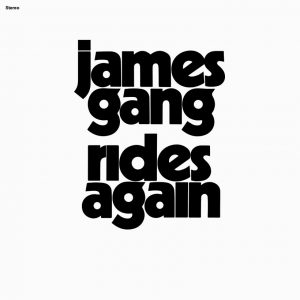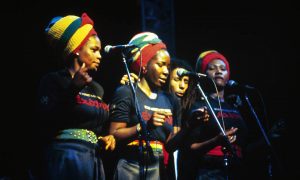It’s been 50 years since thousands gathered in upstate New York to celebrate three days of peace and music at the first Woodstock festival, and yet there was another three-day festival that year, held just three weeks prior to Woodstock, that often gets forgotten: Seattle Pop Festival.
From 25 to 27 July 1969, local promoter Boyd Grafmyre staged Seattle Pop at Gold Creek Park in Woodinville, Washington, just a few miles outside of Seattle. It was the second successful major rock festival to occur in Washington within less than a year, after Grafmyre had previously helped organize the historic Sky River Rock Festival in 1968.
Listen to the Summer Of ’69 playlist on Spotify.
The year of the music festival
1969 was the year of the musical festival: Denver Pop Festival was followed by Atlanta Pop Festival and then Seattle Pop Festival, all leading up to Woodstock.
The concept behind Seattle Pop was to have 25 acts play over three days. Sometimes going to great lengths to achieve his ambitious goal, Grafmyre chartered a helicopter to fly The Doors from Seattle’s airport to the festival grounds, while renting a Cadillac convertible for Chuck Berry – the rock’n’roll pioneer’s preferred method of transportation.
For $6 a day – or $15 for the whole weekend – you could catch Led Zeppelin breaking America, and marvel at homegrown legends The Byrds, blues icon Bo Diddley, The Flying Burrito Brothers, Tim Buckley, The Guess Who, Santana, Ike, and Tina Turner, Vanilla Fudge, Alice Cooper, and Chicago Transit Authority (who later became Chicago), among many other rock luminaries and psychedelic acts of the day.
An estimated 50,000-70,000 festivalgoers descended upon Gold Creek Park to enjoy relative peace, music and “a certain amount of nudity”, said Grafmyre. As one of the first festivals to forego hiring police or off-duty officers as security, Grafmyre enlisted The Black Panthers to patrol Seattle Pop – a much smoother operation than Hells Angels’ provided at Altamont just a few months later, in December.
‘Sunday night was supposed to belong to The Doors’
The Seattle Pop Festival’s line-up was a mix of established acts, native groups from the Pacific Northwest, and even jazz legend Charles Lloyd. Some acts, like Led Zeppelin, went on to become rock legends, while others faded into obscurity, such as Crome Syrcus, a psychedelic Pacific Northwest band that broke up in 1973 and remain best known for their singles “Love Cycle” and “Take It Like a Man.”
While The Doors, The Byrds, and The Ike And Tina Turner Revue were among the most highly-anticipated acts of the festival, it was really Led Zeppelin who emerged as the highlight. England’s hottest new act were just on the cusp of fame in America when they played Seattle Pop.
“Sunday night was supposed to belong to The Doors but it was stolen right out from under them by the great English blues group, Led Zeppelin,” wrote Patrick MacDonald for the Seattle Post-Intelligencer.
“Coming onstage after the forced extravaganza of The Doors, the Zeppelin faced a jaded and uncomfortable audience that had been standing in the cold all evening. But the electricity of lead singer Robert Plant and guitarist Jimmy Page quickly warmed them up.
“Plant has a voice that is controlled hysteria. Anguish pours from his every note; his voice is an epitome of the blues. Page is an amazing guitarist. His runs and fingering are magnificent, his control of the instrument pure genius.
Few who experienced it will forget Led Zeppelin’s performance, especially their smashing encore of ‘Communication Breakdown’.”
The “forced extravaganza” MacDonald writes of refers to one of Jim Morrison’s less-inspired performances, in which The Doors frontman spent the show heckling the crowd and shouting obscenities before ending the set’s finale, “The End,” in a Christ-like pose.
A watershed moment for the counterculture
Morrison’s antics aside, the rest of the performances were equally electrifying. The Flying Burrito Brothers played a blistering set, still riding high off their landmark debut album, The Gilded Palace Of Sin. Shortly after Seattle Pop Festival, however, the Burritos’ bassist Chris Ethridge left the band, turning their performance into an essential document of their original line-up.
Dressed in a daring fishnet dress, Tina Turner ripped up the stage with her signature moves, while Chicago’s producer Jimmy Guercio reportedly parachuted onto the field for the band’s performance, recalled Grafmyre.
1969 was not only a watershed moment in the countercultural movement, but a turning point for many artists who either continued their upward trajectory, such as Alice Cooper and Santana, or fell to the wayside – like Vanilla Fudge who disbanded nine months later.
While Seattle Pop Festival remains a footnote in rock history, it was an important milestone on the road to Woodstock, and one of the greatest rock festivals of all time to be held in the Pacific Northwest.
In just a few short months, at the dawn of the 70s, it would seem as though peace and love were all but a memory.
The end of the 60s saw a burst of creativity that cemented the decade’s importance in music history. Explore some of the greatest albums of the era, including classics from The Rolling Stones, The Who, and The Allman Brothers Band, on our Summer Of ’69 store page.
Looking for more? Discover the full story behind Woodstock’s “three days of peace and music.”




